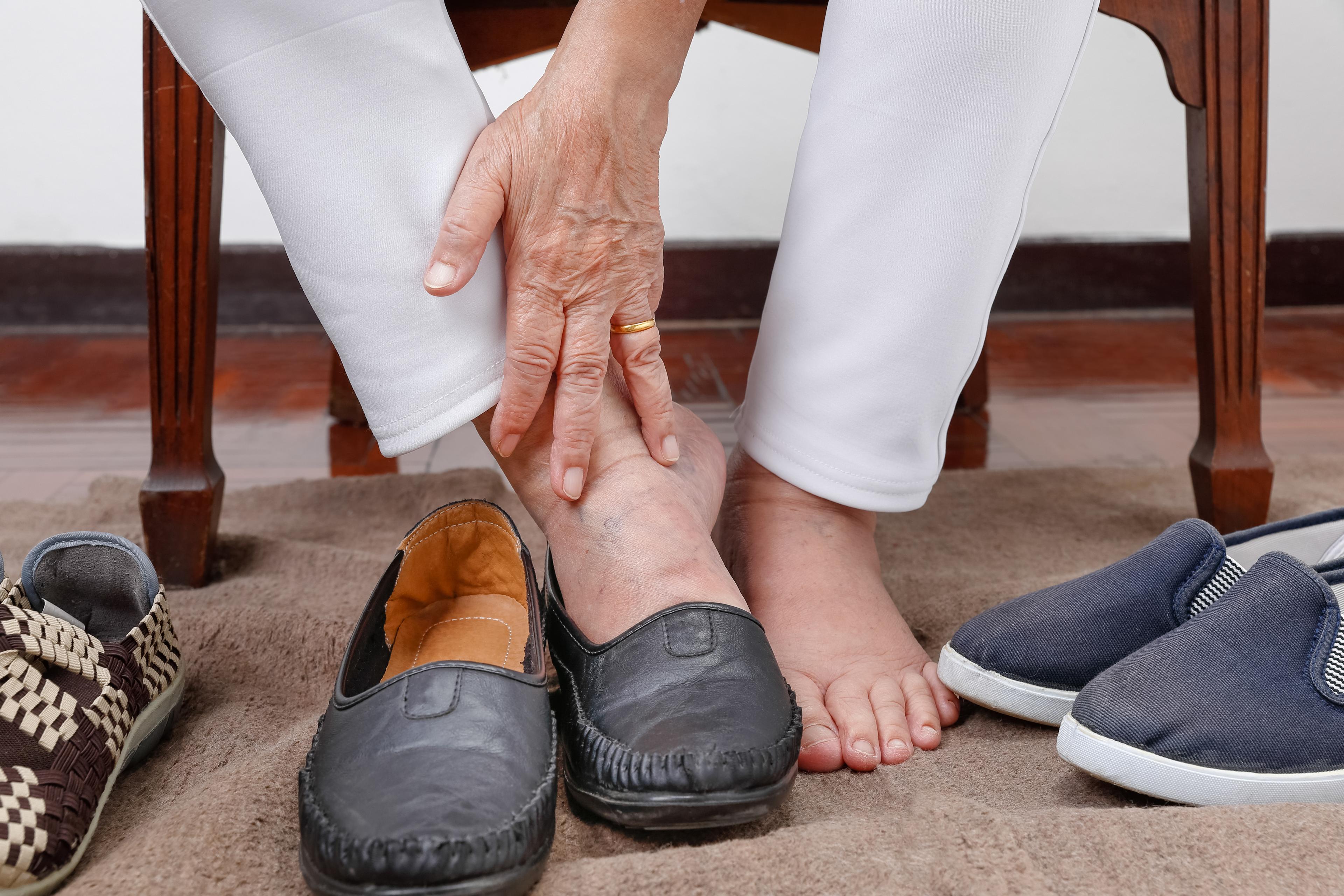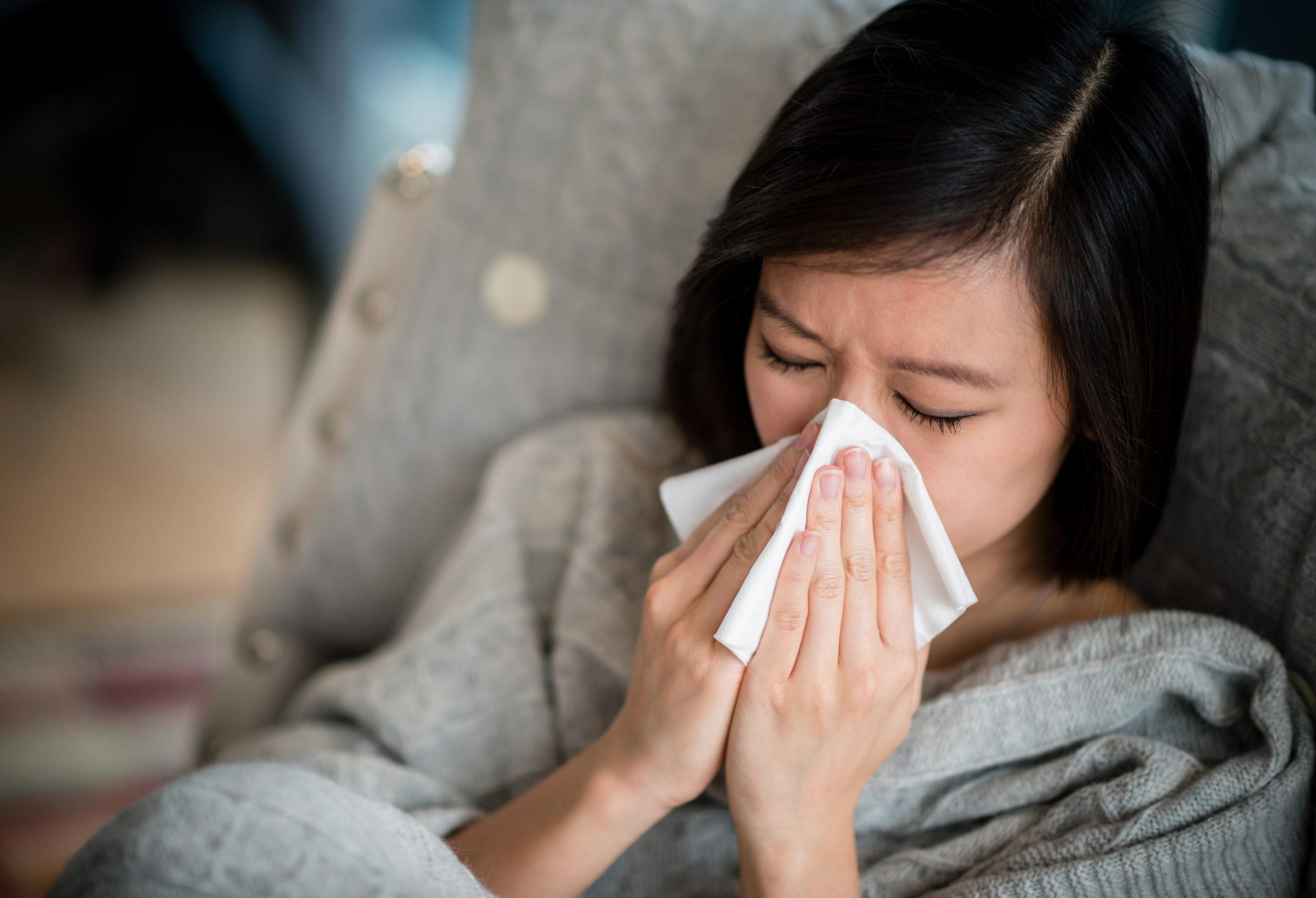Finding Health Care During the Holidays
Dr. S. George Kipa, M.D.
| 4 min read
Medical Officer

Finding health care during the holidays can be a difficult task. Doctors’ offices have shorter hours, which can lead to higher demand. One should take necessary precautions to avoid illness or possible injury. For the best outcome, discuss preventive measures with a Patient-Centered Medical Home (PCMH) team or utilize the following choices for care.
Common Winter Illnesses
Winter weather can amplify or increase the risk of certain health conditions. From the common cold to strep throat to influenza, beware of these illnesses on the rise:
- Asthma: Asthma is a chronic condition marked by wheezing, chest pain and shortness of breath. Colder temperatures can trigger symptoms by drying out airways, causing inflammation. To avoid additional flare-ups, limit outdoor activities, invest in a humidifier and talk to a doctor about developing an asthma action plan.
- Common Cold: Upper respiratory infections can be caused by over 200 different viruses (i.e. rhinovirus or adenovirus). Symptoms include runny nose, cough, mild aches and pains. With rest and adequate fluids, colds are usually resolved within two to seven days.
- Influenza: Peak flu activity occurs between December and February each winter. From 2018 to 2019, it caused more than 17 million medical visits and more than 530,000 hospitalizations. Older adults, age 65 and up, have a higher risk of developing serious complications leading to a flu-related death. Yet, by taking the flu vaccine, a person can reduce their chance of infection by 40% to 60%.
- Norovirus: Often referred to as “food poisoning” or the “stomach flu,” norovirus is a highly contagious illness that also peaks during winter. It’s spread through direct contact with an infected person, contaminated surface, food or water. Preventive measures include frequent washing of hands, clothes and linens. Also, rinse fruits and vegetables and thoroughly cook shellfish.
- Pneumonia: Pneumonia is a potentially life-threatening lung infection caused by viruses, bacteria and fungi. Pneumonia is often linked to influenza and respiratory syncytial virus (RSV) with symptoms of high fever, chills and a mucus-producing cough. To avoid this and other respiratory illnesses, practice good hygiene, disinfect surfaces and stop smoking.
- Strep Throat: Strep throat is a bacterial infection that affects all ages, particularly children and teens. Transmitted through air or saliva, strep is characterized by white patches appearing on the back of the throat. A person may also have sudden fever, headache, soreness and visibly swollen lymph nodes in the neck. Strep throat can be treated with a course of antibiotics for up to 10 days.
How to Find Holiday Health Care Depending on the circumstance, there are various options for non-emergency medical treatment. If a primary care physician or PCMH team member is unavailable, try one of these alternatives:
- 24/7 Nurse Line: Some questions regarding an illness or injury can be addressed over the phone. Registered nurses provide free tips, health advice and in some cases, a treatment plan. It’s an optimal choice during the holiday season as it’s available 24 hours a day, seven days a week.
- Online Visits: Online visits involve real-time communication between a patient, physician or other health care provider. They consist of video chats or phone calls regarding low complexity services. These virtual sessions can take place anywhere in the U.S.
- Retail Health Clinics: Select retail pharmacies staffed with physician assistants and nurse practitioners can provide low-cost treatment without the wait. It’s a convenient solution for patients with minor illnesses or injuries. Depending on the location, clinics are typically open evenings and weekends.
- Urgent Care Centers: Walk-in facilities offer a wide range of care from certified medical staff. Centers are available nationwide with some locations open 24 hours. To avoid unnecessary fees, choose an urgent care center within your health plan network. Also, share a copy of your records with your primary care provider after each visit.
About the Author: Dr. S. George Kipa, MD is a deputy chief medical officer at Blue Cross Blue Shield of Michigan. If you found this post helpful, you may want to read:
- Blue Cross Rewards Pays to Reduce Health Care Costs
- Where You Get Medical Services Matters
- Get to Know One of the Nurses Behind Our 24-Hour Nurse Line
Photo credit: SDI Productions





